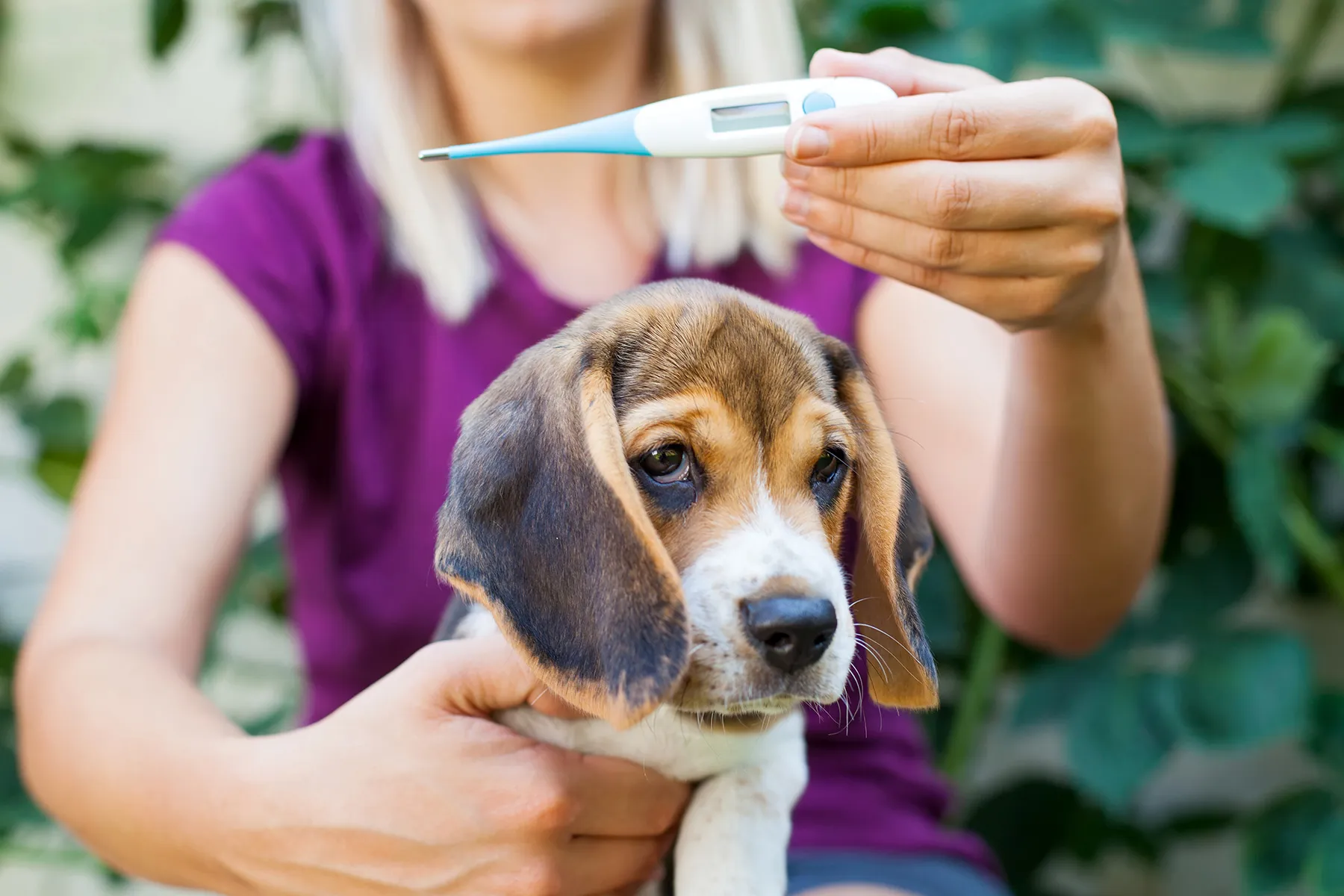
Thousands of animals in the U.S. have been tested for the coronavirus, as researchers work to understand its transmission and which other species might be at risk. So far, dozens have tested positive, mostly cats and dogs exposed to sick owners.
from WebMD Healthhttps://img.webmd.com/dtmcms/live/webmd/consumer_assets/site_images/article_thumbnails/news/2020/03_2020/covid19/1800x1200_covid19_19.jpg https://ift.tt/389ipoG
via IFTTT








0 comments:
Post a Comment